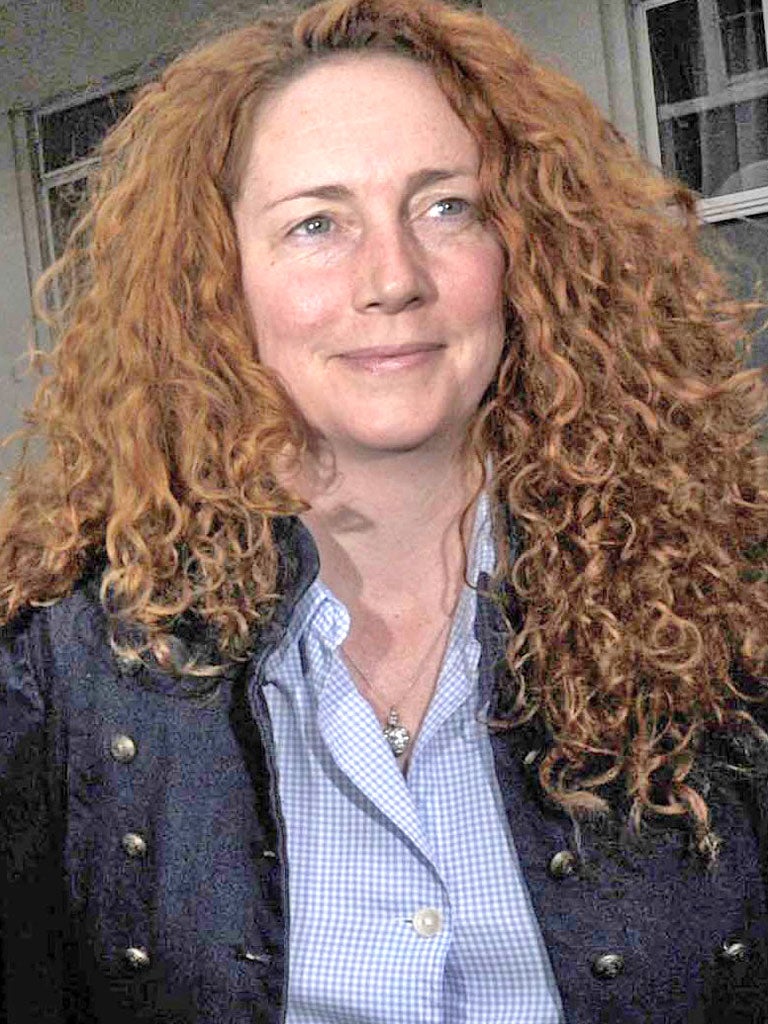Martin Hickman: An investigation compromised by the astonishing deceit of the News of the World
While claiming to be helping the police, it bullied and diverted the investigation

These 16 pages of notes from Surrey Police lay bare the warped, hypocritical and venal world of the News of the World. While claiming to be helping the police find a missing girl, it bullied and diverted the investigation after hacking her phone.
Despite the clear evidence of law-breaking, Surrey Police did nothing to prosecute the paper.
Had it done so in 2002, it might have rumbled News International's growing use of dark arts and saved hundreds of people from mistrust, paranoia, and humiliation.
Surrey Police's version of contact with Rupert Murdoch's paper may be incomplete, based as it is on police logs; police officers will have personal testimony.
But it is possible to make a reasoned guess at what happened after Milly Dowler went missing on 21 March 2002:
1. The News of the World was hacking her phone by 12 April 2002 at the very latest, three weeks after her disappearance.
2. The paper thought it had a sensational story when it heard a message on Milly's phone left by a recruitment agency in the Midlands, inquiring about work. The story would have been: "Milly's Alive! And working at a factory in Droitwich etc...' Despite billing itself as the police's friend, the Screws did not alert the force to this lead straight away. Instead someone called the recruitment agency pretending to be Milly's mother, asking if it employed Milly. The agency said nothing. Within hours it was doorstepped by Screws reporters.
3. The News of the World bullied police, demanding to speak to a senior officer, and refused to believe its response that this was probably a hoax. It told the police Milly was on the agency's books. This was probably a lie, since she was not.
4. The paper admitted it had tapes of Milly's voicemails, and later played one to a police press officer.
5. It published a story about the recruitment agency despite police scepticism and claimed officers were "intrigued" by the development, when they were not. The story probably prompted more false leads.
6. The message left by the recruitment agency on Milly's phone was a mistake. It had misrecorded the number of a Ghanaian employee called Nana. The message even said: "Nana".
7. Journalists at the News of the World refused to believe it was a coincidence, saying that was inconceivable. It said it knew "110 per cent" that Milly was in the North of England and had applied for a factory job. This was also untrue.
The News of the World carried on in business for another nine years.
Join our commenting forum
Join thought-provoking conversations, follow other Independent readers and see their replies
Comments